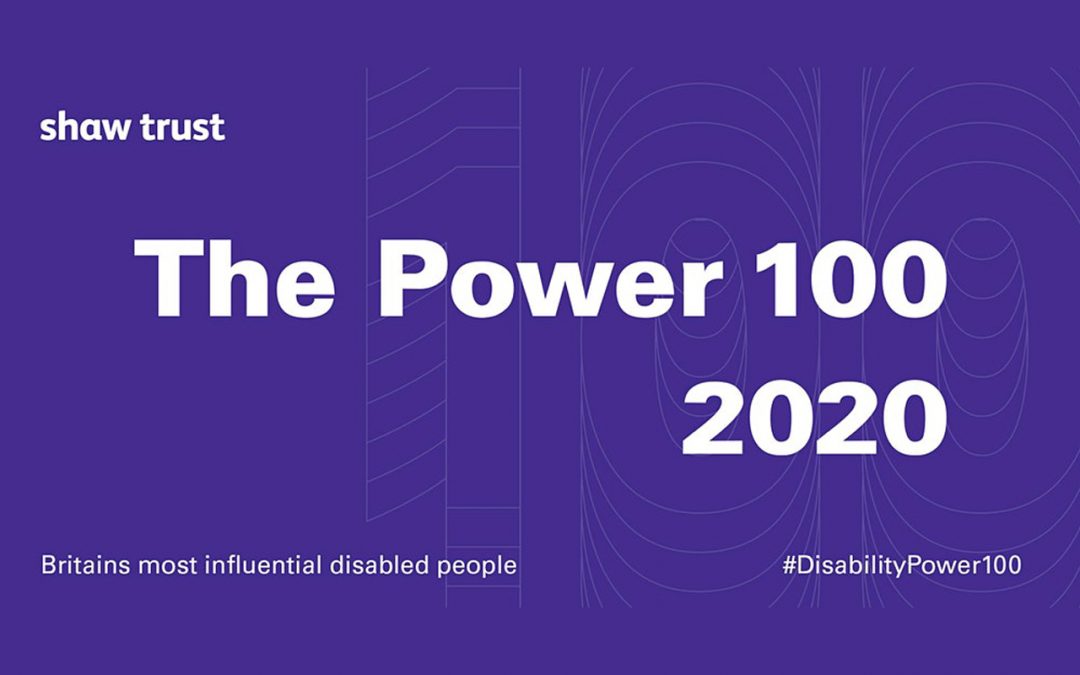Is your business ready for the coronavirus?
The UK, and the world as a whole, is facing an unprecedent situation. Governments, healthcare professionals and scientists are still trying to figure out how to tackle Covid-19 and deal with its after affects. So it’s no surprise that many businesses are unsure of how to handle the situation. But there are ways to protect your business reputation during this time.
Hopefully you already have a business continuity plan in place. If you don’t, there are lots of places online which can provide a template for you to use. Some useful links and organisations are:
UK Government
The Business Continuity Institute (BCI)
Lots of local authorities also provide support for businesses around business continuity plans and templates. Manchester City Council has a good template, for example.
Business continuity plans often differ and there are various elements they may contain however some of the most important parts are:
- Risk matrix: this helps a business see what scenarios could take place and then consider the likelihood. This then helps a business make sure they focus preparations on the most likely situations the business could face.
- Potential scenarios: each business needs to take time with senior managers to brainstorm worst case scenarios, difficult scenarios and then less impactful issues which will affect business effectiveness but not require a shut down etc. These should then be RAG- rated. Though the BBC uses Gold, Silver and Bronze. The BBC has a great toolkit available here. This is where you need to add in the potential affects of coronavirus on your business. How will it affect your staff and customers? How will it affect the ability of your business to function?
- Contact list: a vital part of your Business continuity plan is contact numbers. In an emergency everyone in leadership or vital roles need to be contactable. You should have your Business continuity plan team in place and they should all have their contact details on the form. Other organisations in your supply chain or partners you regularly work with are also useful to have on this list.
- Checklist: This takes the person coordinating any event which interrupts business continuity through a list of things they need to do from building evacuation, calling emergency services, briefing staff etc depending on the situation. The checklist should be generic enough to be suitable for any emergency.
- Activity log: This is vital, every detail of your business response must be recorded here. This document is vital and can be considered a legal document.
- Evaluation and return to normal business: Once an emergency is over, your business needs to have a phased response to how the organisation returns to normal and then how the situation is evaluated to allow the business to avoid risk in future and/or better respond to emergencies.
Once you have created your business continuity plan make sure it is saved in multiple places in case of system failure. In addition, a hard copy needs to be available at every site your organisation operates from. Key members of staff need to know where it is so they can grab it in time of emergency. It’s also worth having other items like pen, pencil, spare mobile phone, torch and anything else you think you might need with it. These can be stored in a box file or bag.
Testing your Business continuity plan is vital. Tests can be run on desktops, talking through scenarios and response. It is ideal to have a real-time test scenario which involves all levels of staff at least once a year. Again, from these learnings the Business continuity plan should be updated. Your plan should be reviewed and updated at least once a year too.
The next step is to plan your communications. In an emergency situation you don’t want to be worrying about drafting statements to give to the media or other interested parties. Of course, emergency situations are fast moving and statements will need to change but you can certainly draft some statements, especially initial ones while you are establishing the facts of the situation, in advance. This helps put you on the front foot.
It is also useful to make sure you have someone who is responsible for the communications with different audiences – staff, customers, media, suppliers etc. This takes pressure off of the situation coordinator but the communications person should be working closely with them and the management team to make sure the right messages are getting out at the right time. If you don’t have someone you can trust to manage your business reputation, then make sure you know where to turn in a crisis. Even better, have support in place before you need it. Comma can give your business continuity plan a critical friend review and help with drafting your initial statements. We can also provide comms and media support in times of crisis, even setting up a temporary, mobile press office for your business if required.
Are you confident your business can weather any storm it faces? Do you have plans in place for dealing any negative effects of coronavirus?
Use the form below to get in touch, leave a comment or email us at hello@wearecomma.com.




